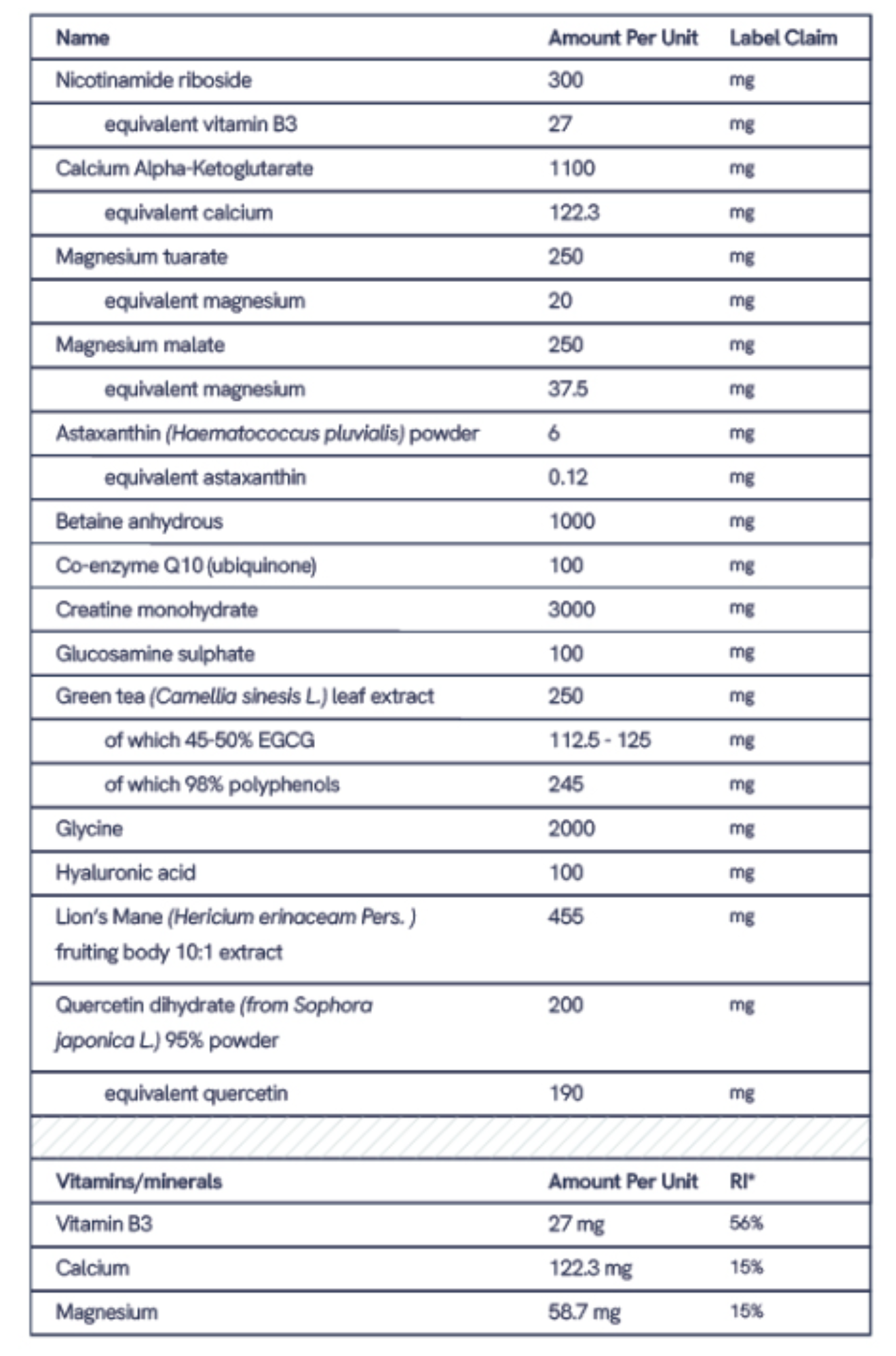Imagine buying a piano with 88 keys. The instrument never changes, but the music depends on how you play it.
That’s a good way to think about your genes. The DNA itself doesn’t change much over your lifetime, but how it’s expressed, which “keys” are pressed or muted, changes constantly. This is the world of epigenetics, and it plays a central role in how we age.
What Epigenetics Actually Is
Your DNA is like a vast library of recipes. But you don’t need all of them all the time. Epigenetic marks — chemical tags on your DNA and its packaging — decide which recipes are read and which are closed off.
-
When you’re young, this system runs smoothly, switching genes on and off as needed.
-
With age, the system becomes less precise. Some important protective genes get turned off, while harmful ones may get switched on.
-
The result? Increased risk of age-related decline and disease.
Scientists can now even measure “epigenetic clocks” — biological age markers that predict how fast your body is aging, often more accurately than the calendar.
What Epigenetic Alterations Mean in Real Life
-
Skin and Hair Changes: Epigenetic shifts influence pigmentation and collagen production.
-
Energy and Resilience: Metabolic genes may switch off, leaving cells less efficient at making energy.
-
Immune System Drift: Important immune genes misfire, making infections harder to fight.
-
Increased Disease Risk: Disrupted gene regulation is linked to cancer, heart disease, and neurodegeneration.
It’s not the book (your DNA) that’s faulty, it’s the bookmarks and highlights (epigenetics) getting messy with age.
The Empowering News: Epigenetics Is Flexible
Unlike your fixed DNA code, epigenetic marks are dynamic. They respond to your environment, your habits, and even your thoughts. This makes epigenetics one of the most hopeful hallmarks: you can influence it every single day.
Everyday Habits That Shape Your Epigenome
-
Move your body: Exercise changes epigenetic patterns in muscle and brain cells, promoting resilience and repair.
-
Eat real food: Nutrients from vegetables, whole grains, legumes, and spices influence which genes are active. Think of food as software updates for your DNA.
-
Prioritize sleep: During deep rest, genes linked to repair and detoxification are switched on.
-
Manage stress: Chronic stress leaves lasting epigenetic scars; relaxation practices can help reset balance.
-
Seek social connection: Positive relationships and purpose-driven living leave measurable marks on gene expression linked to longevity.
Common Questions About Epigenetics
“Can I change my genetic destiny?”
Yes — while you can’t change your DNA, you can strongly influence how it’s read. Epigenetics explains why identical twins, with the same DNA, can age very differently based on lifestyle.
“Do these changes happen quickly?”
Some epigenetic changes happen in hours or days, for example, after a workout or a night of poor sleep. Others build up over years, shaping long-term health.
“Can we measure epigenetic age?”
Yes, specialized tests exist. But even without testing, the same habits that support healthy epigenetics also improve how you feel and function daily.
Your Takeaway
Epigenetic alterations remind us that aging isn’t just written in stone by your genes. It’s more like writing in pencil: flexible, adaptable, and influenced by your daily life. Every choice you make, from your morning walk to how you handle stress, is like pressing a piano key. Over time, those keys create the melody of your aging process.
The beautiful truth? You’re the pianist. And with conscious choices, you can compose a tune of resilience, vitality, and longevity.
This information is for educational purposes and does not replace medical advice. Always consult a healthcare provider for personalized insights and guidance.

